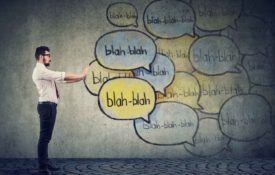-

Teaching: Big Smile—Distant Diversity Drives Emotion Culture
Why do people from some regions tend to be more extroverted and agreeable than those from other regions? Teaching about the ancestral diversity theory of culture and human emotion.
-

Teaching: Phenomenological Control—What Is Reality, Really?
Phenomenological control refers to the ability to construct subjective experiences that distort objective reality. Teaching tips and guidelines for this fascinating area of research.
-

New Content From Current Directions in Psychological Science
A sample of articles on the role of phenomenological control in experience, the positive impact of social connectedness, contextualizing empathy, and much more.
-

New Content From Current Directions in Psychological Science
A sample of articles on threat-related perceptual decision making, metacognitive myopia, learning one’s own genetic susceptibility to mental disorders, brain reward circuits, and much more.
-

Teaching: How Psychological Scientists Understand the Origin of Callous-Unemotional Traits
By using warmth rather than harshness, parents aid their children’s empathy—and lower their children’s risk for callous-unemotional traits.
-

Teaching: On the Benefits of Critical Ignoring
The proliferation of digital information has given people greater access to information. Yet there are few checks and balances to separate false and misleading information from the truth. Thus, people must become smart ignorers of information.

